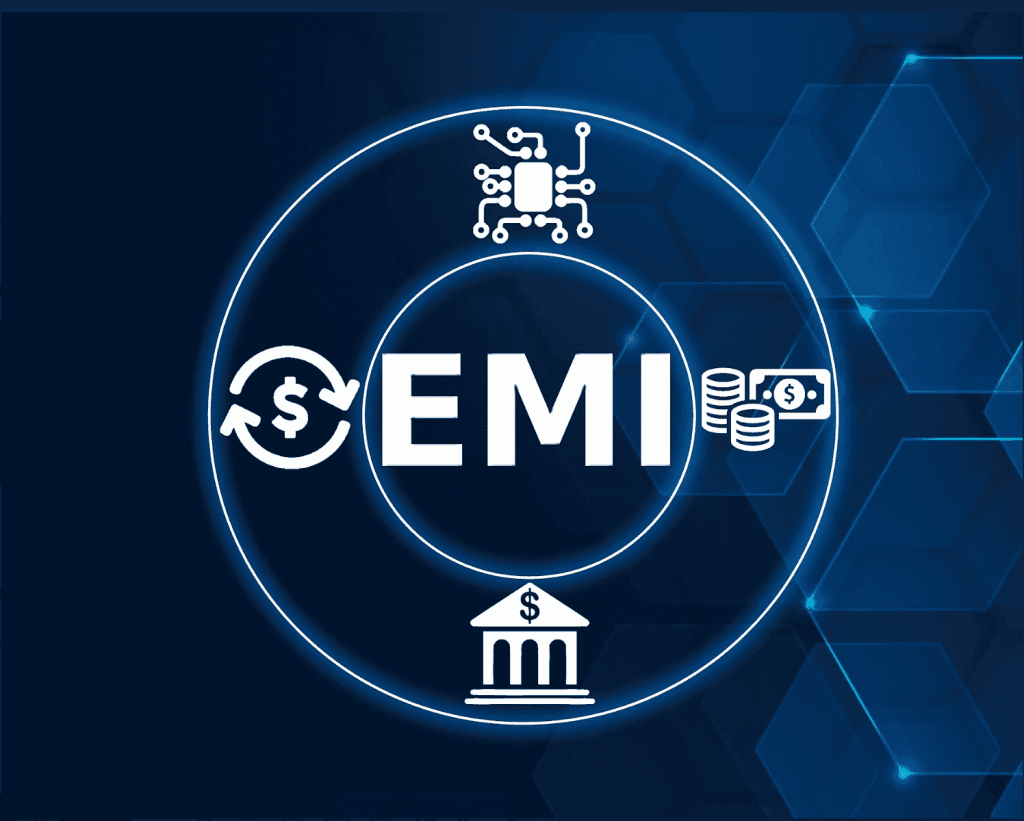What Factors Affect My EMI Calculation?
Whether you obtain a loan to renovate your home or purchase a car, you must repay the sum (with interest) in EMIs. EMIs or equated monthly installments payable on your loan can vary depending on various factors. You must consider these factors to understand how EMI calculations can change.

Chief factors that affect your loan EMIs
Just as seasonal offers can result in varying EMI deals on online marketplaces, similarly, the following factors can impact your loan EMI calculations:
- Loan amount
Loan amount is the amount of money you wish to borrow from the lender. It is also commonly called the principal amount. If you borrow a high loan amount, you will have to pay higher EMIs to service the debt. Therefore, loan amount is one of the key variables used to calculate loan EMIs.
- Loan tenure
The duration of your loan also plays a part in influencing EMI calculations. Tenure and EMIs are inversely related. This means, the longer your loan tenure, the smaller the monthly payment obligation. While this makes repayment more manageable, a longer loan tenure also means paying more interest on the borrowed sum over time.
- Type of interest rate
EMI calculations can be directly impacted by the type of interest rate offered on the loan. If you obtain the loan against a fixed rate of interest, your EMI payments remain consistent throughout the selected tenure. However, if you borrow against a floating rate, your EMI payments will vary during the repayment term according to fluctuations in RBI’s repo rate.
Part prepayments
Making partial prepayments for the loan can also influence your EMI calculation. When you pay regular EMIs, a part of your payment goes towards servicing the principal due and another part goes towards the interest component of the loan. However, when you make a prepayment, the entire sum is directed towards reducing the principal due. This, in turn, lowers overall interest on the loan since interest is calculated on the outstanding balance. Prepayments are an essential factor in EMI calculation especially for long-term credit like home loans where borrowers prefer to become debt-free at the earliest.
Credit score
While your credit score does not impact EMI calculations directly, it does determine the interest rates you are offered. Lenders like banks and NBFCs scrutinise your credit score, past credit history, and repayment behaviour when you apply for a new loan. If you have a credit score of 750 and above, you are deemed as a creditworthy borrower and offered credit at a lower rate of interest, which leads to lower EMIs. However, if you have a low score with a history of missed payments and defaults, you may be offered credit against a higher interest rate to protect the lender against default risks. This will result in higher EMIs.
How to calculate loan EMIs with ease
Calculating your loan EMIs is easy when you have access to an online EMI calculator. Here’s how you can compute your monthly repayment obligations:
- Enter the principal sum
- Input the interest rate applicable on the loan
- Select the loan tenure
Inputting this data into the calculator will help you estimate your EMIs in seconds. It will also help you understand how much interest you will be paying over the course of the loan as well as the total value of the loan at the end of the repayment term. Since EMI calculations for different types of loans can vary slightly, it’s best to use dedicated EMI calculators. For instance, if you want to review EMI estimates for a home loan, use a home loan EMI calculator tool. Similarly, if you have to plan prepayments for a loan and see your new EMIs, you should rely on a prepayment calculator.
Conclusion
Your loan EMI calculations are contingent on various factors like the loan amount, tenure, and the type of interest rate applicable. EMIs can also be impacted when you make part-prepayments, resulting in fresh estimates. Similarly, factors like your credit score impact the interest rate offered on the loan, which has a bearing on the EMIs payable. As a borrower, you should be aware of these factors and use an EMI calculator to review EMI estimates before applying for a fresh loan. Doing so will help you make better financial decisions and avoid defaulting on loans.
Read Also: Maximizing Operational Efficiency with OEE Calculation





